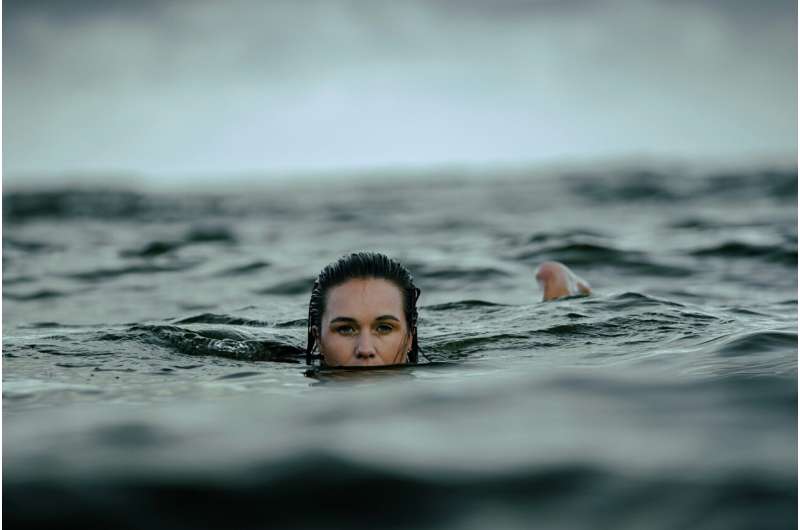Rethinking Nature and Its Role in Healing: Debunking the Myth of Nature as a Cure

Challenging the myth of nature as a cure, this article explores the historical and personal complexities surrounding 'nature cure,' disability, and ecological interdependence. Discover why healing involves more than just outdoor activity.
In recent years, activities like wild swimming and forest bathing have surged in popularity, often promoted for their supposed health benefits. As doctors increasingly prescribe 'green prescriptions' encouraging outdoor activity, it’s tempting to believe that spending time in nature can serve as a universal remedy. However, historical and personal perspectives suggest that this belief—the idea of 'nature cure'—is more nuanced than it appears.
Historically, the concept of utilizing natural environments for healing emerged prominently in the 19th century, especially in response to tuberculosis epidemics. Patients were sent to the coast or countryside in open-air wards, not because nature could cure the disease but because fresh air and open spaces helped mitigate the effects of overcrowding and poor sanitation. This historical context shows that the association of nature with health is complex and rooted in societal responses to illness.
In my personal experience living with chronic illness, I explore how creative writing serves as a tool to understand and reconceptualize my relationship with the natural world. While many narratives in nature and place writing suggest that nature can heal or restore, I contend that this view oversimplifies the human experience, especially for disabled and chronically ill individuals. The notions of 'natural' are also intertwined with dark histories like eugenics—an ideology that devalued disabled bodies and sought to control or eliminate differences through forced sterilization and euthanasia.
Such histories complicate our understanding of nature’s role in health. For many, the idea that nature can serve as a cure neglects the societal barriers faced by disabled people, which are addressed more rightly through social and political change rather than romanticized outdoor experiences. The social model of disability shows that the challenges are rooted in societal barriers, not inherent imperfections of bodies or minds.
Conventional nature writing tends to feature able-bodied, middle-class, cisgender perspectives, often ignoring the experiences of those with disabilities or chronic conditions. My own research attempts to include these voices, examining how ecology and illness intertwine—such as through beachcombing along climate-threatened coastlines as both a form of research and ritual.
This exploration underscores the illusion of independence that healthy individuals often uphold. Illness reveals our interconnectedness and interdependence, challenging the myth of separation from nature. Historically, figures like Harriet Martineau valued views of green spaces from her sickbed, noting their restorative effects. Modern research supports that green spaces can aid recovery and reduce pain, but they are not substitutes for adequate healthcare or accessibility.
Ultimately, reconnecting with nature can offer comfort and a different perception of time and seasons, but claiming it as a cure is misleading. Such beliefs risk erasing important aspects of individual identity and experience. Recognizing that both human health and environmental health are inherently linked requires valuing all bodies and places as deserving of care.
Our collective understanding should move beyond simplistic notions of nature as a panacea, embracing the complexity of disability, illness, and ecological fragility. A more nuanced view fosters greater empathy and acknowledges that care for our bodies and our planet is mutually reinforcing.
Stay Updated with Mia's Feed
Get the latest health & wellness insights delivered straight to your inbox.
Related Articles
New Insights into Stomach-Brain Communication and Its Impact on Emotional Well-Being
New research uncovers how stomach-brain electrical synchronization influences mental health, linking visceral signals to anxiety, depression, and stress. Discover the potential for novel therapies targeting gut-brain interactions.
Study Reveals Chatbots Are Perceived as More Judgmental Than Human Psychologists
A new study reveals that AI chatbots in mental health care are perceived as more judgmental than human providers, highlighting the need for enhanced emotional understanding in AI technology.



